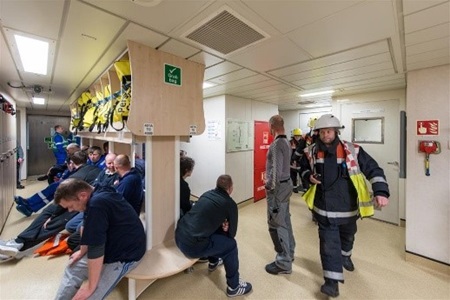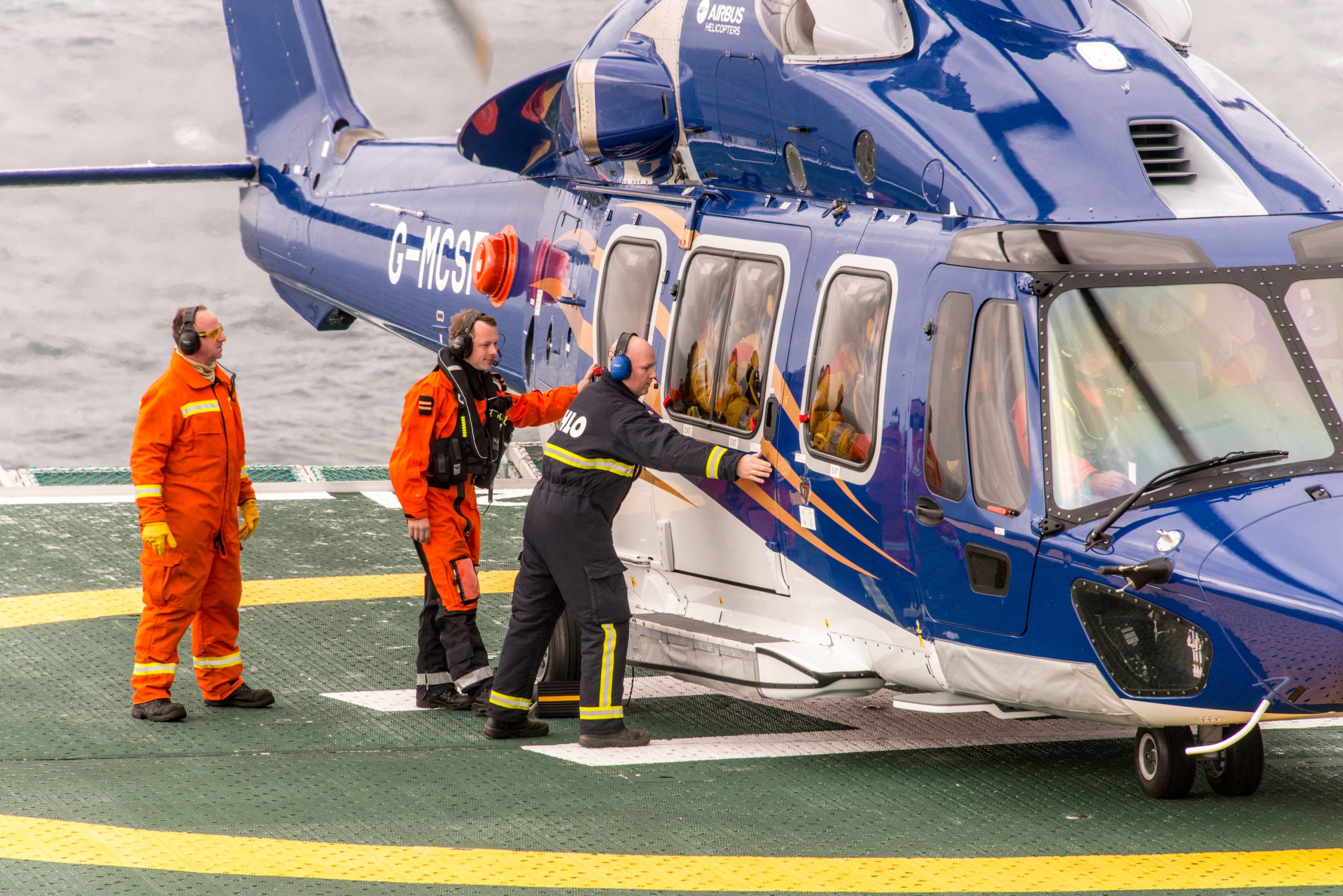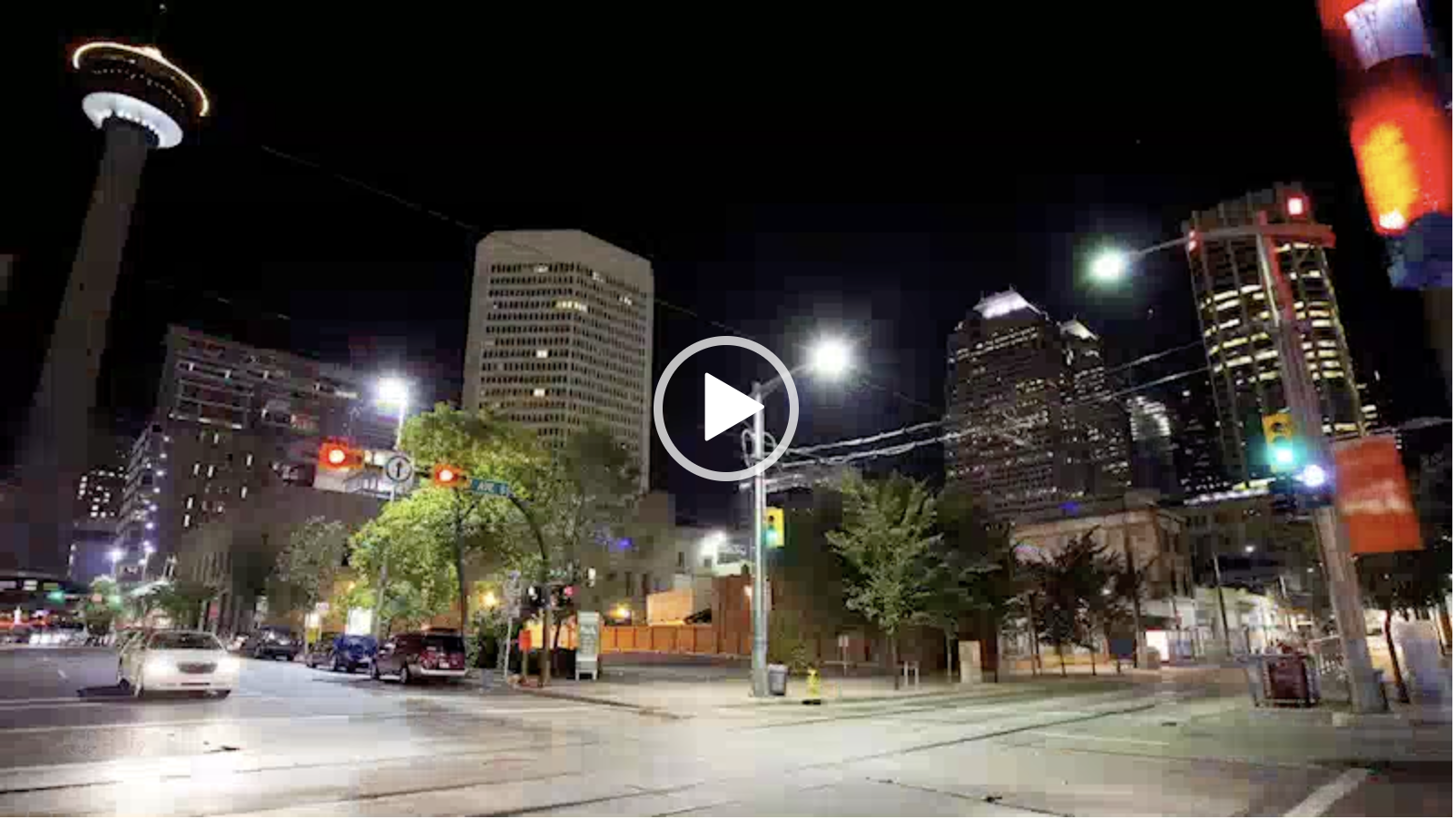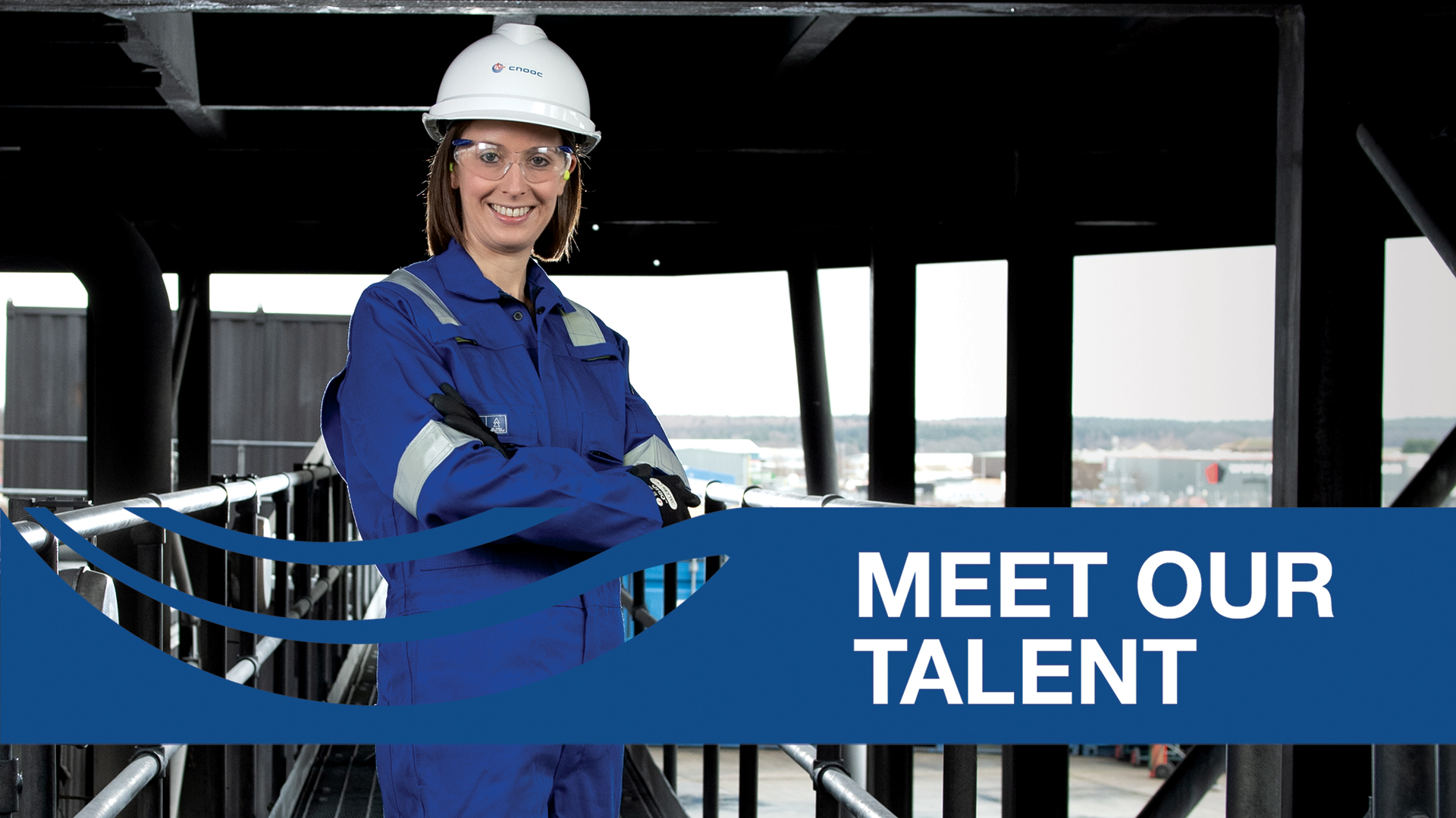Being Prepared – A 24/7 Responsibility
Producing energy is a 24/7 business and so is emergency preparedness. CNOOC International has plans in place to respond to incidents everywhere we operate or where we have joint venture partnerships. CNOOC International has highly trained specialists and resources ready at all levels of the organization, from field or offshore platform first responders to crisis management teams. Protecting our employees, the public, the environment and corporate assets is not just a regulatory requirement – it’s a commitment CNOOC International makes as a responsible energy developer.

Our first priority is preventing incidents from occurring. We do this by providing a high degree of stewardship, risk assessment and scrutiny of major accident hazards through our process safety management system and personnel training programs. Our hazard analysis and risk assessment processes allow us to identify potential emergency event scenarios and allow operations to conduct training and response exercises that would help mitigate threats.
Practice Makes Perfect
Emergency situations are chaotic, fast-moving and potentially dangerous, which is why continuous training, rehearsing and testing are essential. CNOOC International uses the internationally recognized Incident Command System as a basis for emergency management philosophy.
Frequent response drills are conducted to test specific procedures, equipment or communications outlined in emergency plans. Tabletop exercises are also part of the testing and measurement processes for our emergency management system. These are theoretical scenarios we conduct in an office environment. Emergency response team members are provided with event parameters and work together to test processes within the plans. A specific scenario may be escalated during a training exercise and role-playing is used to test individual capabilities and identify opportunities for improvement.
Full scale emergency response exercises involve full activation of our company’s functional emergency response plans, personnel and external resources. Drills may also involve regulatory agencies and industry peers as participants or observers. Lessons learned are incorporated as plan updates and shared across our organization.
Learn more about our culture of safety and sustainability
Our commitment to sustainability
Safety Committee ensures a Safety First mindset
Caribou habitat restoration






